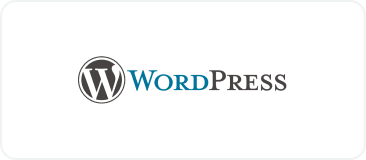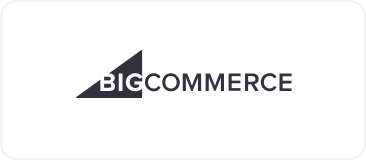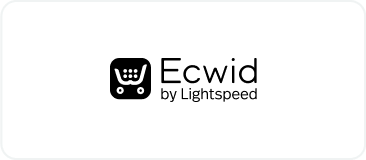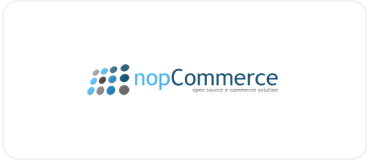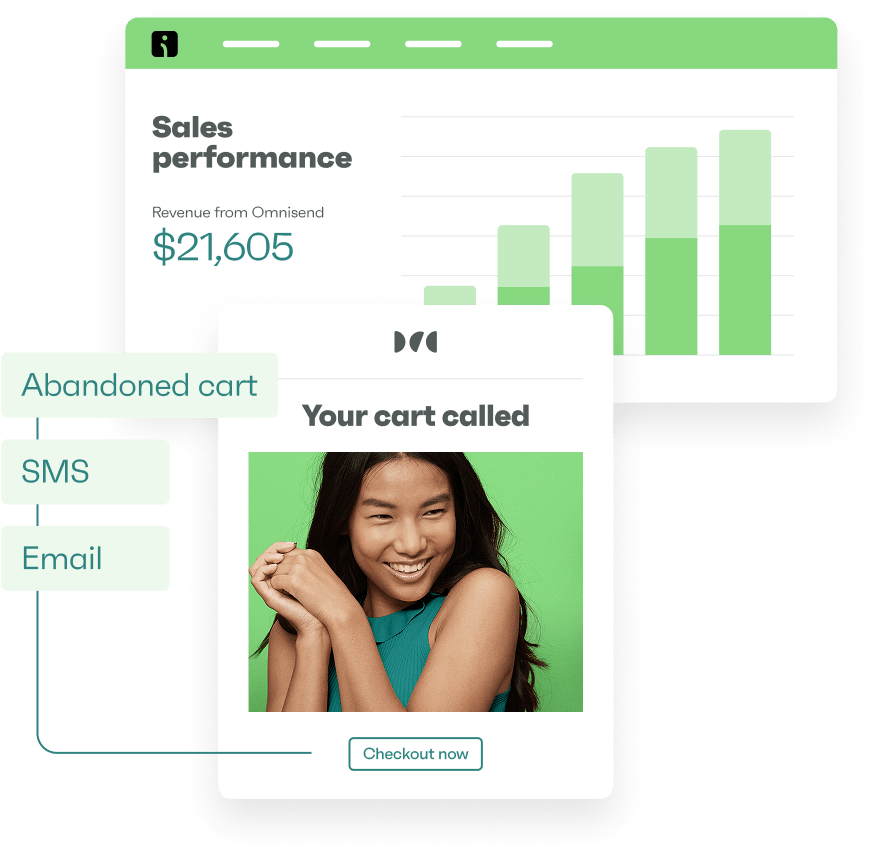Drive sales on autopilot with ecommerce-focused features
See FeaturesRead summarized version with
Readers feel as connected to the authors as they do to the story, and that’s why email marketing for authors is so important for reaching a larger audience. From helping drive more book sales to getting noticed and building a loyal reader base, email marketing can be highly effective.
Social media trends fade and ads eat up budgets, but your emails let you talk to the audience for free. It’s the one channel that gives you control over your audience and ensures your stories reach the readers who care.
Book email marketing lets you communicate with readers on your terms. In 2025, it’s one of the best ways to grow a dedicated fan base and promote your books effectively.
This article will show you how to grow an email list, create engaging emails, sell more books, and leverage automation tools like Omnisend to make the process stress-free.
Quick sign up | No credit card required
Why email marketing is a must-have for authors in 2025
An email list gives you direct access to readers who consented to receive your emails.
Unlike social media marketing, where algorithms decide who sees your posts (or if they see them at all), every email you send lands in your subscribers’ inboxes.
Omnisend’s recent research shows why this matters: automated emails drove 37% of sales, even though they accounted for just 2% of email volume. That means a well-built list plus a smart automation sequence can generate consistent revenue with minimal effort.
Instead of shouting into the social media void, you can send perfectly timed emails announcing a book launch or ongoing offers and be confident it will be seen.
You control email the way you can’t control social apps. Platforms change rules, throttle reach, and sometimes vanish. Emails will always sit in the inboxes of people who are interested in your books. You pick the message, the schedule, and the format, and have complete control.
Here are some key benefits of email marketing:
- Direct connection to your readers
- Higher open and conversion potential than one-off posts
- Option to automate emails and get sales without much effort
- Full control over timing and messaging
- Lower ongoing cost than paid ads and sponsored posts
Building your author email list from scratch
Every book launch feels easier when you already have readers waiting for it. That’s what an author email list gives you. Instead of starting from zero each time, you have a ready-made audience of people who want to know about your new release.
Readers who join your list are often your most dedicated fans. They want to know when the next book is ready, and they’re more likely to support you early. That early support matters because it creates buzz, brings in reviews, and helps your book reach new audiences.
Here are some useful tips to build your author email list:
- Lead magnets: This could be anything from a bonus chapter download to any other resource that people would love to get their hands on, in exchange for their email information
- Popups and forms: Place a clear signup form on your Homepage and About page — just ask for name and email
- Book backs matter: Add a clear invitation to subscribe at the end of your books so new readers can stay connected
- Author events: Collect emails at book signings, readings, or workshops
- Social media: Use your social channels to drive followers to your signup page with a free offer
Check out this simple signup form on the author Sarah J. Maas’s website:
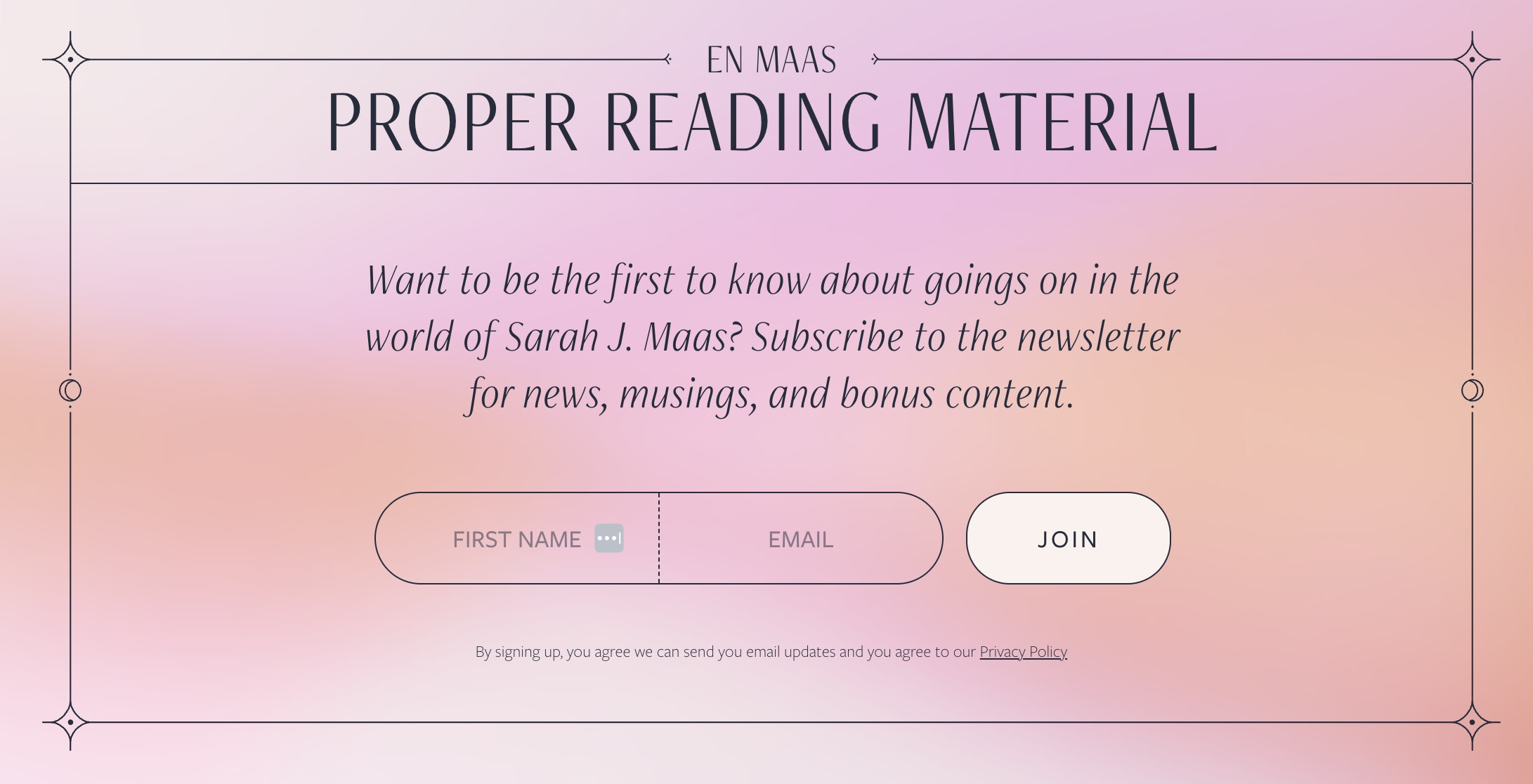
How to create a lead magnet readers can’t resist
A lead magnet is a free item you give readers in exchange for their email. For authors, it should show your writing and give real value right away. The point is simple: someone signs up, gets the free item, and then wants to see more of your work.
A good lead magnet helps you grow your email list by turning casual readers into interested readers. It gives people a reason to join, and it gives you a way to start a relationship with them. When the free content matches what you write, new subscribers are more likely to become long-term readers.
Here are some free resources you can offer:
- Free chapter: The first chapter or two of your book
- Bonus short story: A scene or story set in your book world that readers cannot get anywhere else
- Exclusive content pack: Reading guide, character notes, or a map for a fantasy book
- Early access or preview: Let subscribers read a draft or excerpt before release
Follow these quick tips to make your lead magnets more effective:
- Keep it relevant: Match the free content to the books you write so subscribers who join will actually want more
- Make it easy to get: Keep the file small and the signup quick to avoid losing people because of long forms
Best places to promote your lead magnet
Once you’ve decided on what free resources you want to give, you need to promote your offer on multiple channels.
Here are some of the best channels where you can promote your lead magnets:
- Website: Use a simple form across your website or on key landing pages that encourages people to sign up to get a free resource. You can use Omnisend’s popup and landing page templates to get more conversions.
- Social media: Put a signup link or your Omnisend landing page link in your bio and pin a post about the freebie. Share short posts, stories, or reels that explain the free content and send people to the landing page. Use a pinned post so new followers see the offer right away.
- Book back matter: Add a one-line invitation at the end of your book and include a short URL or QR code that directs readers to your Omnisend landing page. Make the invite friendly and clear, for example: “Want the bonus scene? Join my mailing list.” That direct ask turns new readers into subscribers.
- In-person events: Bring a tablet or a paper signup sheet to readings and signings, and send those emails straight into Omnisend. Or show a QR code that opens your Omnisend landing page so people can sign up on their phones. Follow up with a welcome email right after the event.
After people sign up, use Omnisend’s welcome email automation to send the freebie automatically and start building a relationship.
How to collect reader emails legally and effectively
While there are many benefits of email marketing for authors, you need to ensure you do it the right way. Otherwise, you could face legal trouble.
You must follow the regulatory requirements set by standards like GDPR (for the EU and UK) and TCPA (for text messages in the US):
- GDPR: Requires you to obtain consent before sending emails to your readers. You can do this by using a simple opt-in checkbox in your forms that asks people if they want to receive promotional emails or newsletters. Also, avoid using pre-checked boxes. Keep a record of when and how each reader gave consent. Double opt-in is a good idea in some countries because it creates extra proof of consent for compliance with GDPR.
- TCPA: If you plan to send marketing texts in the US, you need prior express written consent under the TCPA. That means a clear written agreement that the person allows you to send marketing texts, especially if you use any automated sending tools. Keep the consent record and give an easy way to opt out in every message.
- A2P 10DLC: For business SMS to US numbers, carriers require A2P 10DLC registration for your brand and campaign. If you skip registration, carriers may block messages or charge higher fees.
Why is this important other than legal compliance?
It builds trust and ensures only people who are genuinely interested in your emails subscribe.
Omnisend has ready-made popups and landing pages with GDPR and TCPA friendly options, plus tools to store consent and trigger welcome automations. So, to minimize the stress, give them a go.
Check out this example of our signup form, where we explicitly ask for consent and state what people are signing up for.
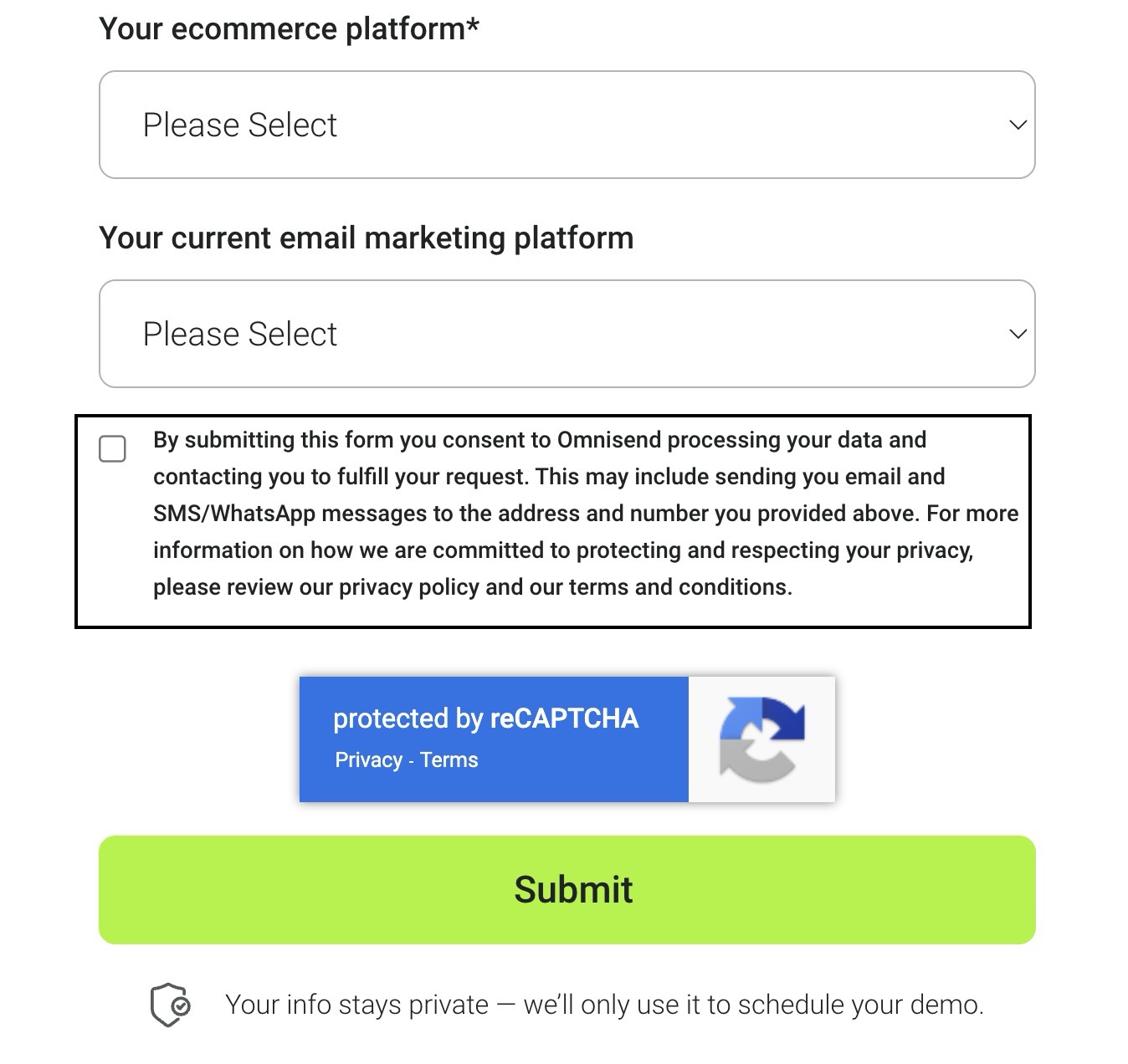
Writing author emails that connect and convert
Email marketing lets you grow real relationships with readers through storytelling, exclusivity, and personal connection. Storytelling keeps readers reading. Exclusive content makes subscribers feel valued. Personal notes make your messages feel human and honest.
When readers trust you, they are more likely to open emails, reply, and buy when you promote a book.
Don’t sell every message. If every email asks for money, people stop opening them. Instead, focus most emails on giving value: a short story, a helpful update, a quick author note, or a reader question. Use promotions sparingly and make them clear and useful, so that when you do ask readers to buy a book, they pay attention.
The 5 types of author emails every writer should send
If you’re thinking of leveraging email marketing for authors, then here are some of the key types of emails you should consider sending, along with author email examples:
- Welcome emails: Readers often join your list when their excitement is highest. Send your welcome email right away to tap into that moment. A quick introduction paired with a promise of what’s ahead keeps that momentum going. Here’s an example:
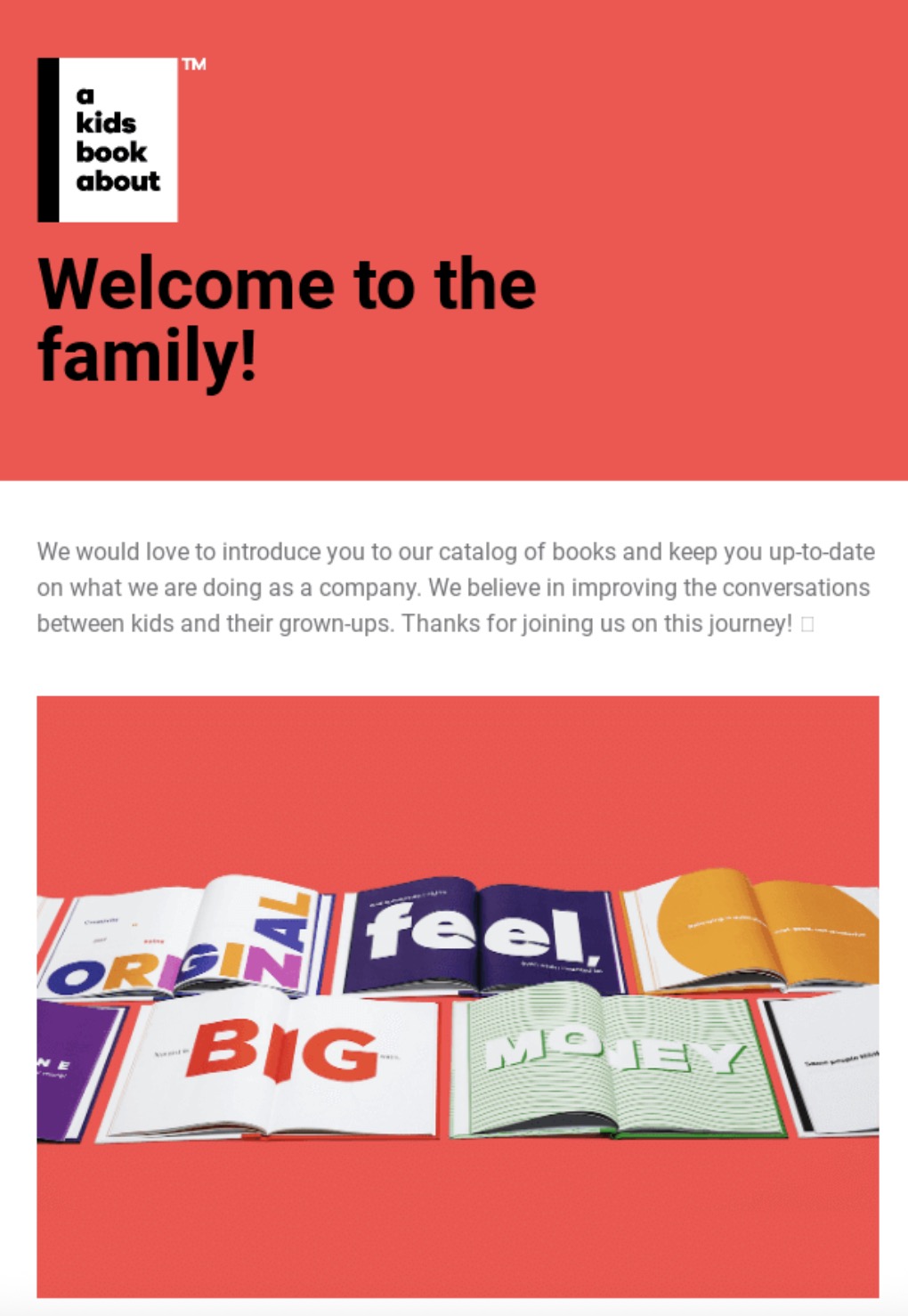
- Book launch announcements: Your subscribers joined because they care about your books, so let them be the first to know about an upcoming book launch. This makes them feel special and generates excitement about your book. Here’s an example:
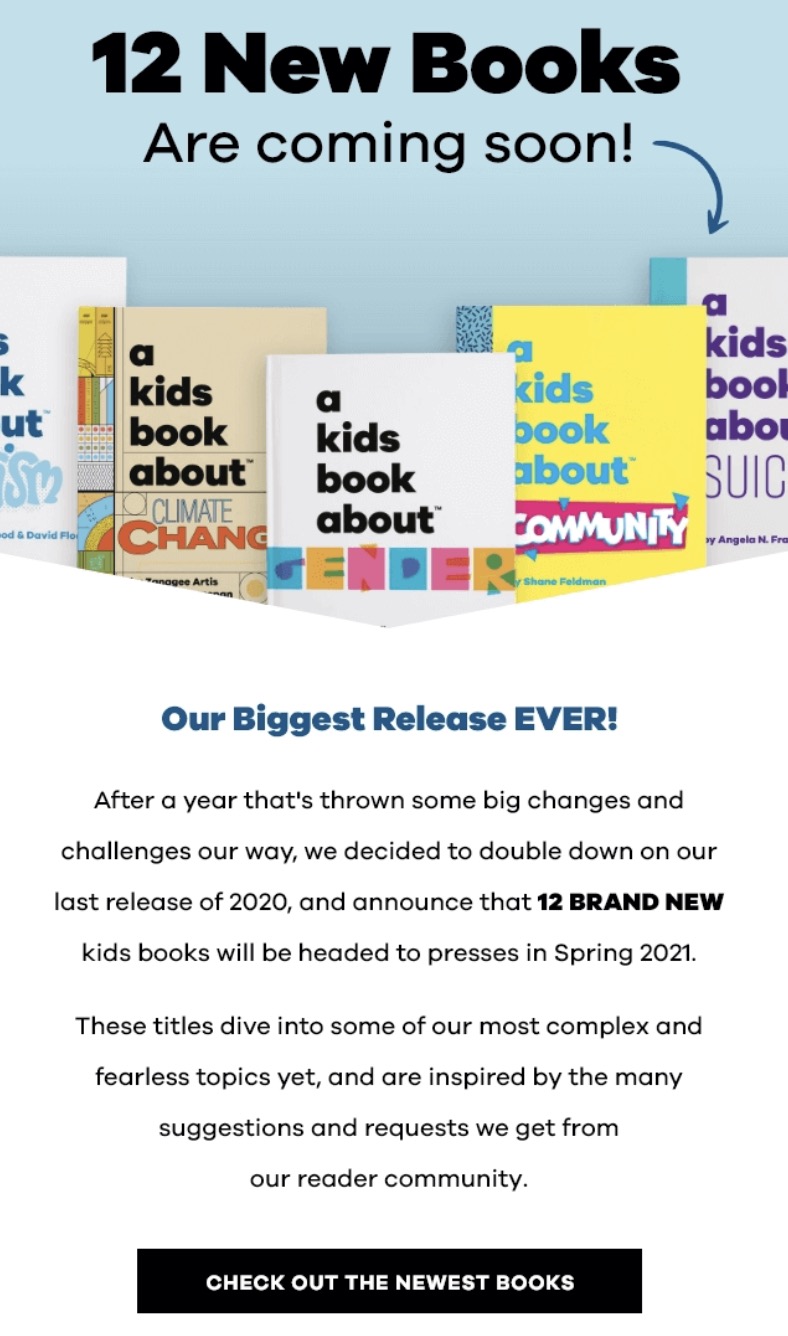
- Behind-the-scenes content: Tell your subscribers what stage you’re in. Are you drafting? Editing? Waiting on cover art? Giving these BTS updates keeps them engaged and excited for your next book. Author Eliza Tilton, for example, sends regular newsletters to her subscribers where she shares her journey of writing a book and some of the latest updates. Here’s an example:
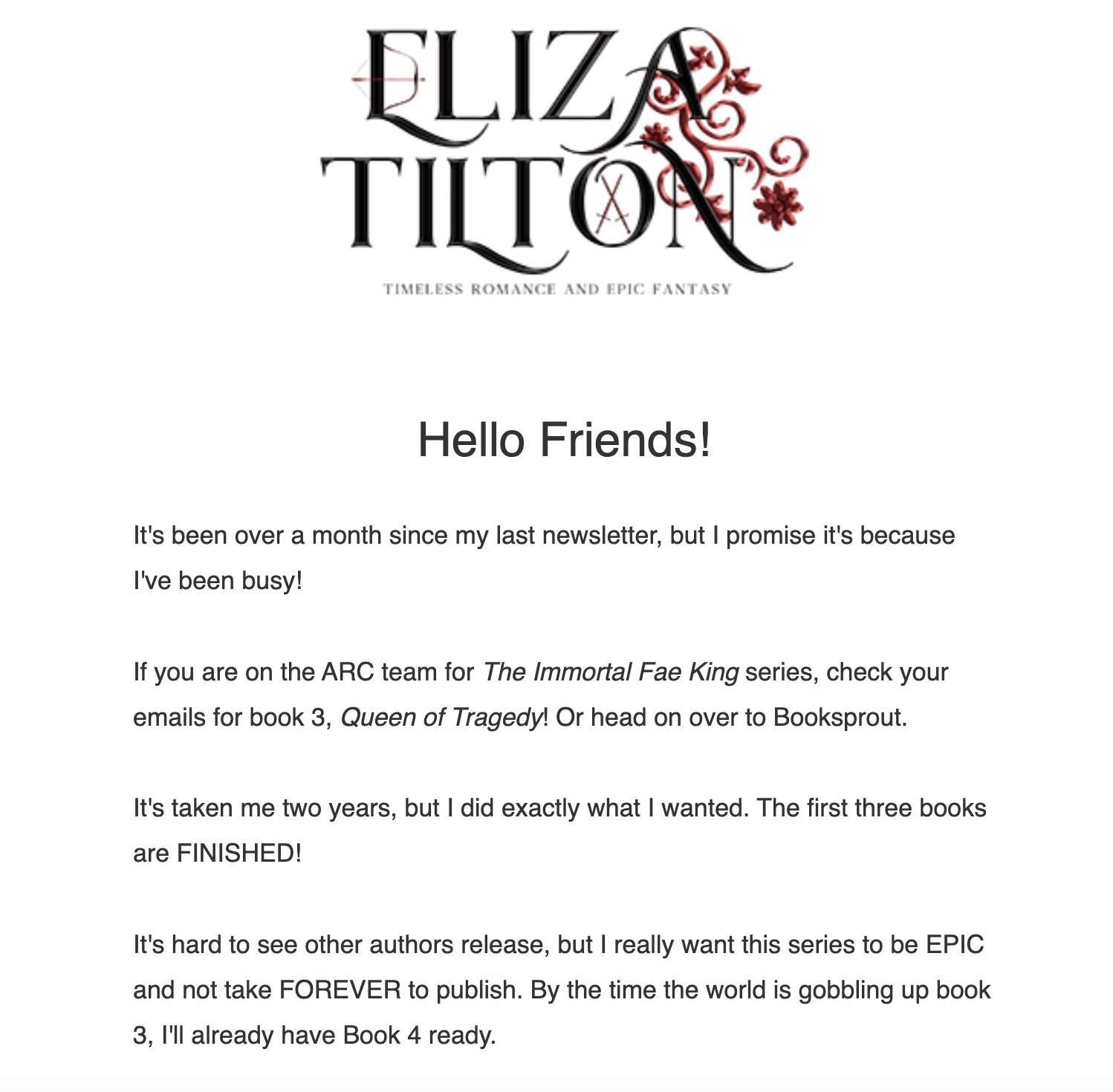
- Exclusive offers: Offer your subscribers early discounts on new releases. Even a small price break for the first week shows readers that being on your list gives them real benefits. Here’s an example of a simple email with an offer:
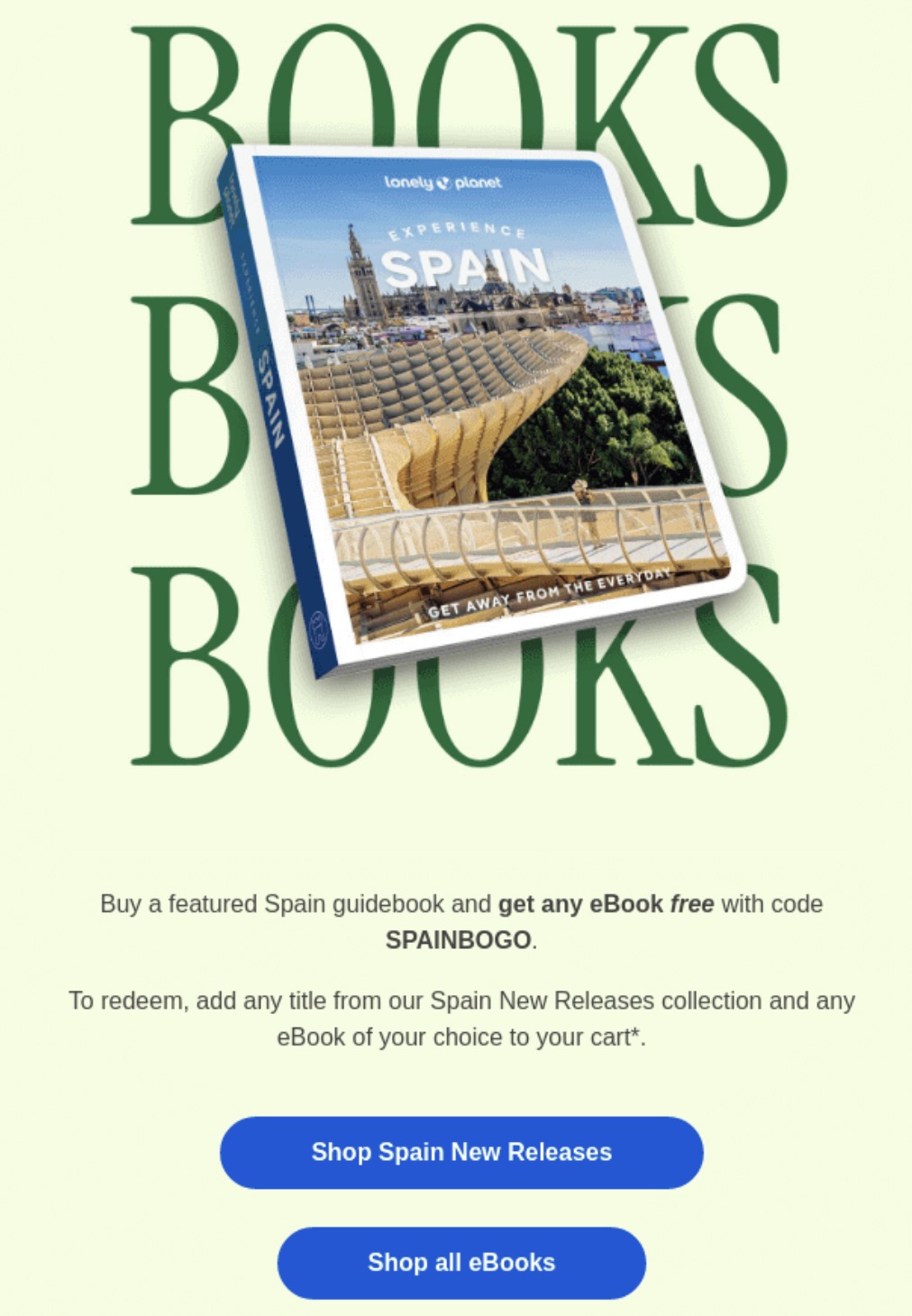
- Reader surveys: Use email surveys to collect testimonials. Ask practical questions too — like whether readers would be interested in signed copies or merchandise. It helps you understand what extras your community values. Check out this email by an author who’s asking their readers what kind of book they would want to read next:
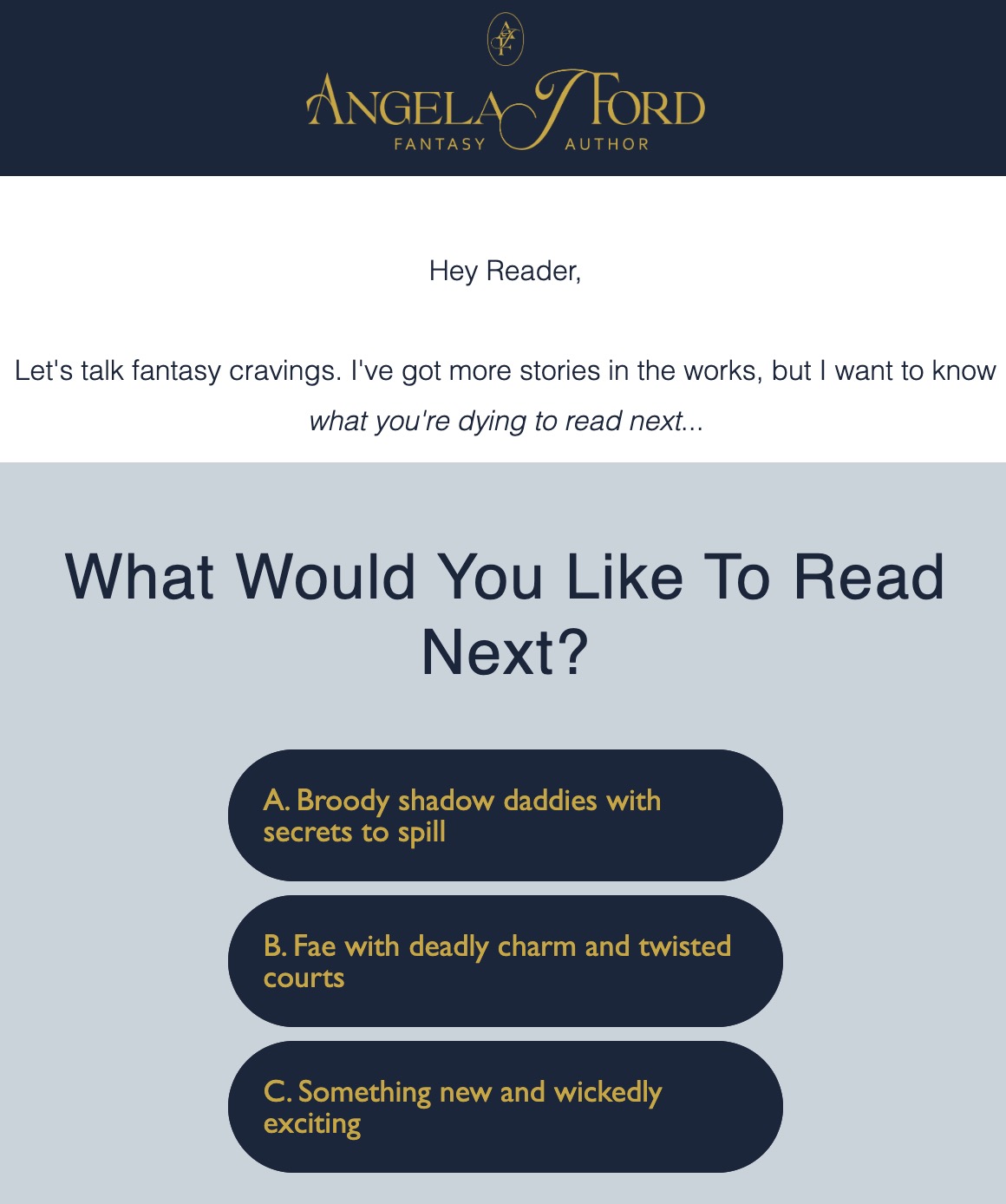
Author email templates to inspire your next campaign
Templates make writing emails faster and email marketing less stressful for authors.
Use these drafts as starting points, then change wording so messages sound like you. Copy, paste, and personalize. Try two subject lines and a short preview to see what readers open. These templates work well with Omnisend or any email platform.
Template 1: Welcome email
Subject: Thanks for joining my reader list, [First name]
Body:
Thanks for joining my newsletter. I am [name] and I write [genre]. On this list, I share short stories, quick notes from my process, and book news. I will also share exclusive offers and early access to my books with my subscribers.
So, welcome to the community and thanks for being here.
Talk soon, [Your full name]
Template 2: New book announcement
Subject: It’s live — grab [Book Title] now
Body:
Hi [Subscriber name]
I have a limited run of signed copies for [Book Title].
If you want one, order here: [signed copy link]. I’ll sign and ship as soon as orders come in.
Thanks!
[Your full name]
Template 3: Thank you + sneak peek
Subject: Thanks, [First name]! Enjoy this exclusive excerpt
Body:
I appreciate your time and interest. Here’s Chapter One from my upcoming book: [link]. If you have feedback, I read every reply.
Thanks again, [Your full name]
Want to save time? Omnisend has ready-to-use templates that authors can use for email marketing. Just pick one, add your text and images, and hit send. No coding, no stress.
Email marketing strategies that sell books
Email works best when readers trust you. That trust comes from sending useful, engaging content before asking for a sale.
Balance your messages so most are focused on updates, stories, or special extras. Then, when you promote a book, readers are more likely to respond.
Need some practical strategies to get the most out of email marketing for publishers?
Follow these tactics:
- Segment by reader interest so fans only get updates that matter to them
- Use their first name or note what series they follow to add a personal touch
- Use storytelling to guide readers toward your books
- Keep CTAs focused on one clear link or action
- A/B test promotions to learn what turns interest into sales
Email marketing tools for authors: Why Omnisend is the best choice
Writing books is your priority, but email marketing is critical for sales and audience growth. A dedicated platform takes care of the technical side so you can focus on writing.
Omnisend provides drag-and-drop builders, automations, and analytics tailored to creators like you. Here’s what you get:
- Drag-and-drop email builder: Design emails quickly without worrying about coding
- Pre-built automation workflows: Save time with ready sequences for every stage of the reader journey
- Landing pages and forms: Collect subscribers both online and offline and build a solid author mailing list
- Compliance tools: Avoid legal headaches of book email marketing
- Email segmentation: Send emails tailored to fans’ favorite genres or interests
- Email + SMS: Reach readers wherever they check messages most
- Analytics: See which campaigns drive opens, clicks, and book sales
123Presets grew its email engagement and doubled revenue after switching to Omnisend. Read their full success story to learn more.
Email marketing best practices for authors in 2025
You now know the uses of email marketing for authors. To get the most out of it, though, follow these best practices:
- Only email opted-in subscribers: Avoid sending emails to people who haven’t signed up
- Send a welcome email immediately: Use your first email to thank readers for joining and give them a reason to stay engaged
- Personalize content: Use the reader’s name, favorite series, or genre preference to make emails feel personal
- Include a CTA: Encourage actions like reading a chapter or purchasing a book
- Make unsubscribing easy: Respect your readers’ choices, keep your list clean, and maintain trust
- Be consistent: Send emails on a predictable schedule
- Monitor analytics: Learn what works and improve each time
- Test subject lines: Tools like Omnisend’s Subject Line Tester can help increase your email open rate
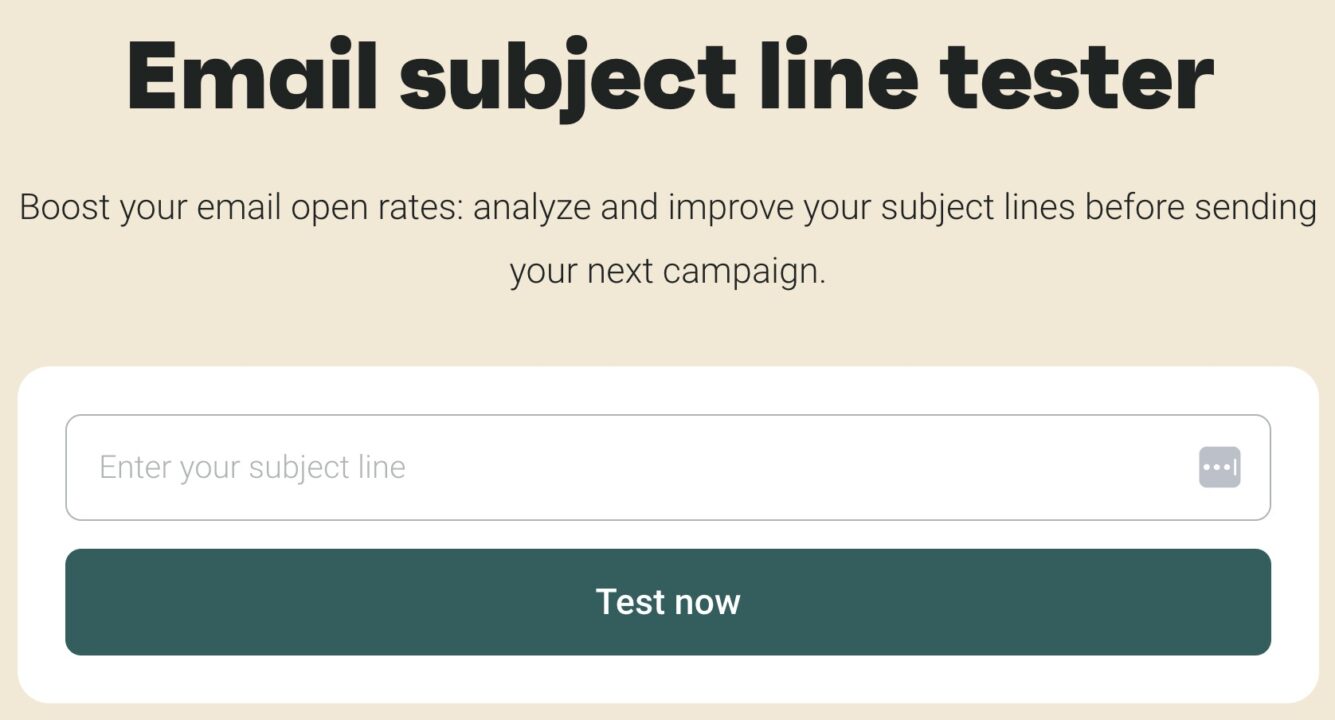
Your next chapter: Start growing your author email list
If you’re an author, you need to leverage email marketing to directly connect with readers and build a community. Book email marketing is one of the best ways for authors like you to share updates, announce new book releases, and drive higher book sales.
Omnisend provides an intuitive, compliant, and effective way to manage email marketing for authors. Get started with Omnisend now and grow your audience from day one.
Quick sign up | No credit card required
TABLE OF CONTENTS
TABLE OF CONTENTS


No fluff, no spam, no corporate filler. Just a friendly letter, twice a month.
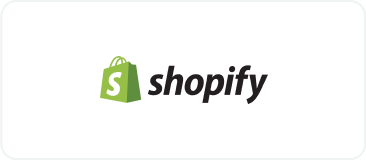
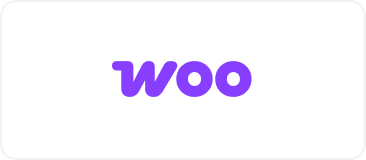 OFFER
OFFER
